Kaufmann’s Posographe is an analog mechanical computer for calculating six-variable photographic functions to determine exposure time for taking indoor or outdoor photographs, depending on which side you use.
From the History Of Computing site:
At first glance this is just a small rectangular plate, about 13 x 8 cm, covered with dense scribbles, with seven pointers fixed to its frame. Then you realize that the pointers are not fixed, but can slide on the frame… and then you note that they are somehow interconnected — moving any of the small ones will move the larger one this way or that. Strange. But when you see the diagram of the inner mechanism you realize what this is, and it can take your breath away. Kaufmann’s Posographe is nothing less than an analog mechanical computer for calculating six-variable functions. Specifically, it computes the exposure time (Temps de Pose) for taking photographs indoors or out (depending on which side you use). The input variables are set up on the six small pointers; the large pointer then gives you the correct time. The variables are very detailed, yet endearingly colloquial. For outdoors, they include the setting — with values like “Snowy scene”, “Greenery with expanse of water”, or “Very narrow old street”; the state of the sky — including “Cloudy and somber”, “Blue with white clouds”, or “Purest blue”; The month of the year and hour of the day; the illumination of the subject; and of course the aperture (f-number). For indoor photos, we have the colors of the walls and floor; the location of the subject relative to the windows (depending also on the number of windows, and indicated by the little diagrams); the extent of sky in the window, as seen from the location of the subject (again illustrated in little pictures); the sunlight level outside, and how much of it, if any, enters the room; and the aperture. The output indicator actually has four points, designed to show the respective exposure times for different emulsion types.
The first one I came across was the French version which seems to be the most common version. I found it at a shop in Paris, via their Web site. I was able to have a friend in Amsterdam contact his friend in Paris to go to the shop and purchase it for me. His friend delivered it to him and he brought to me in Texas when he came for a visit. It has its own carrying case and it is quite ornate. The second one I acquired is the English version and is apparently a bit more rare.
Later, I came to find out that the device was made not only in French, but German, Spanish and English. After a bit of searching, I found the English version
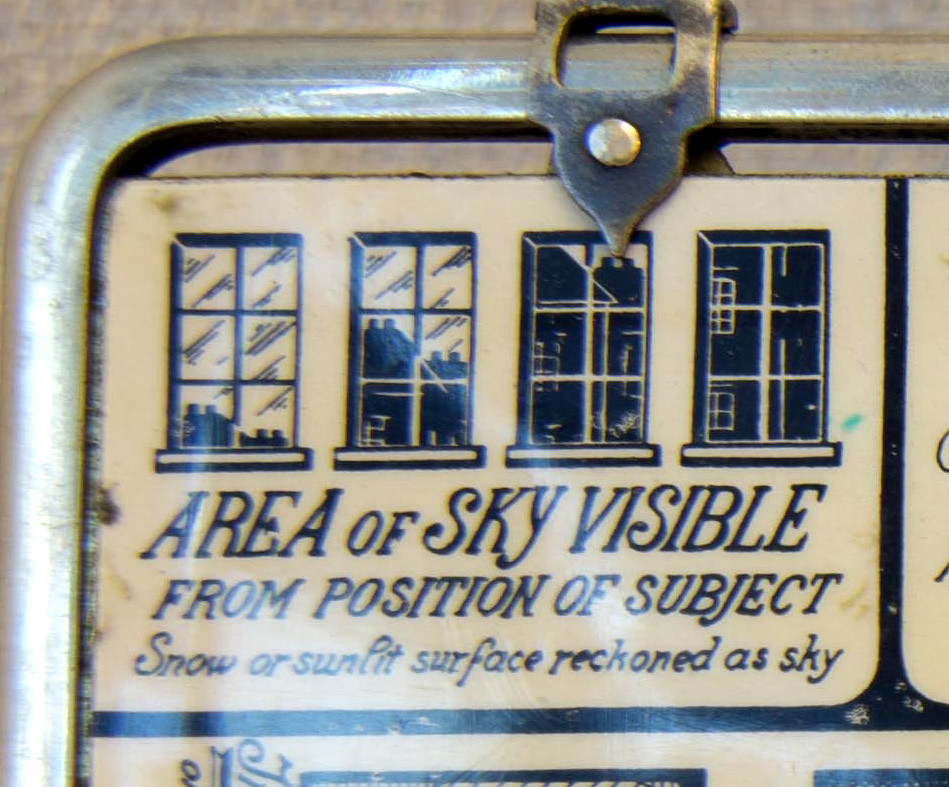
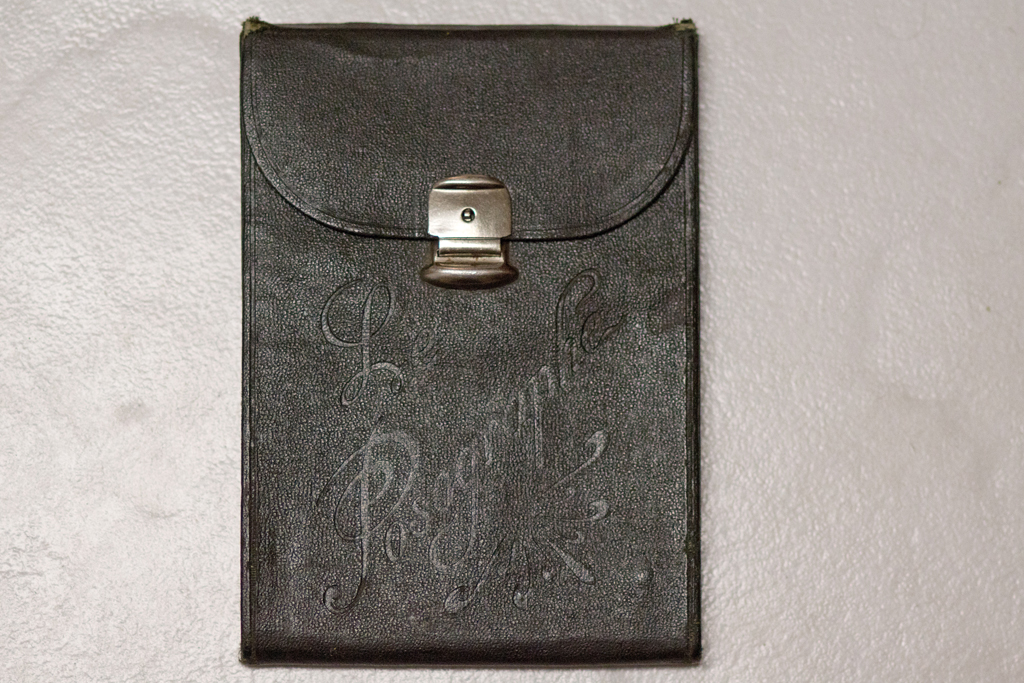
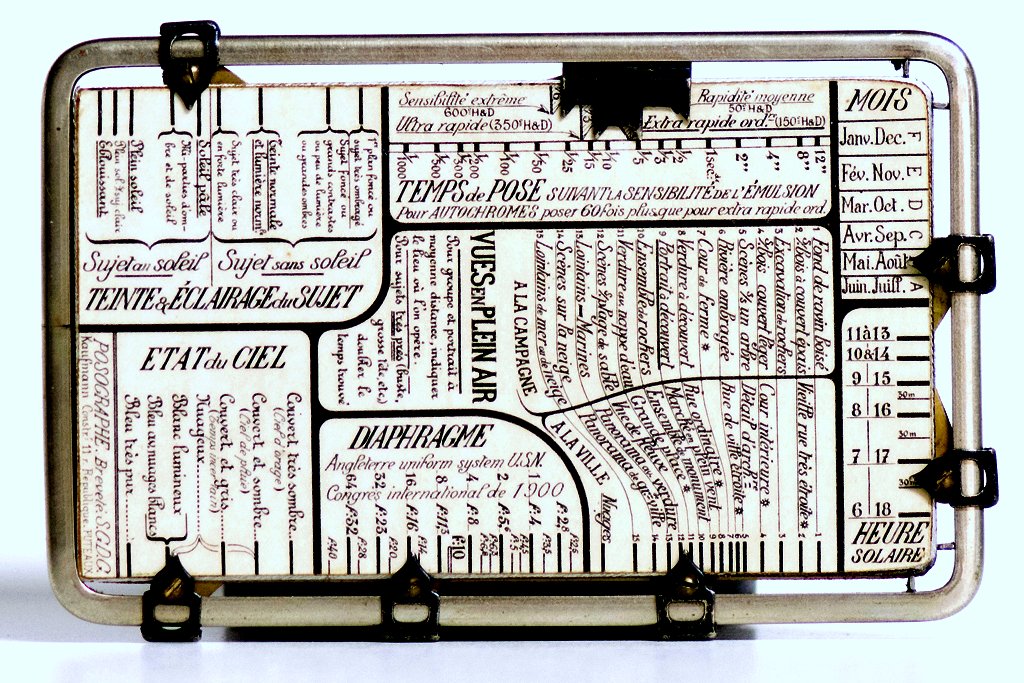
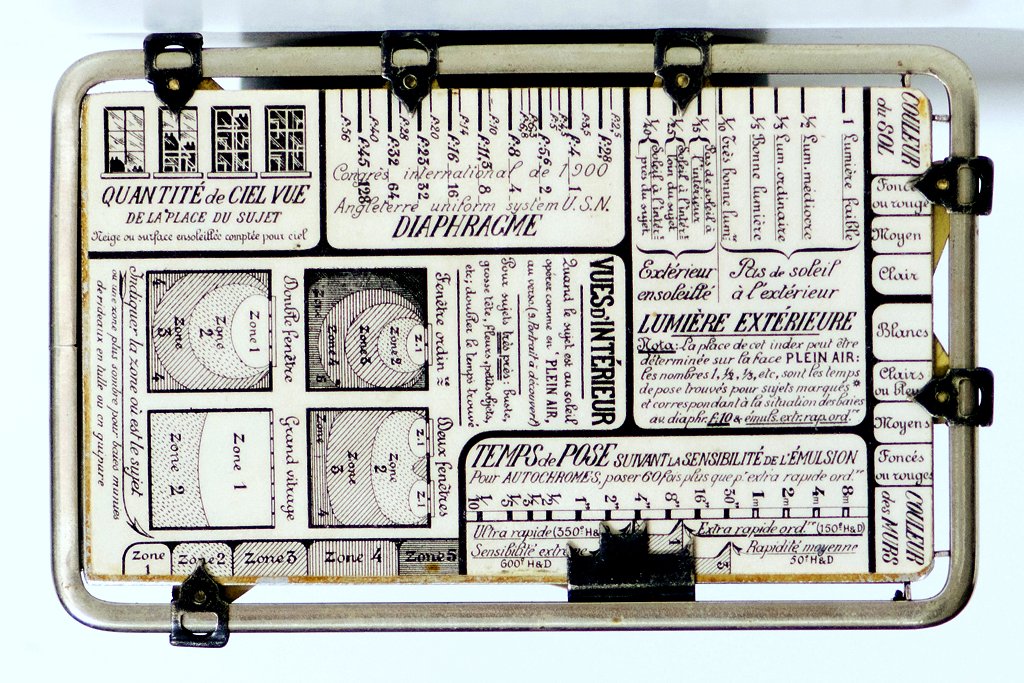
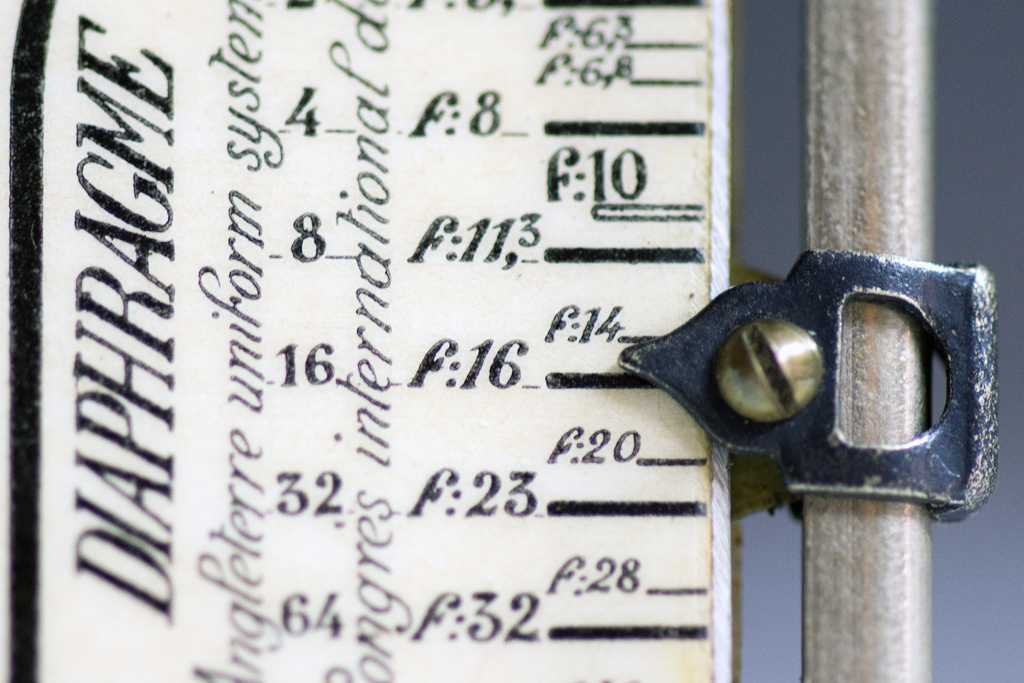
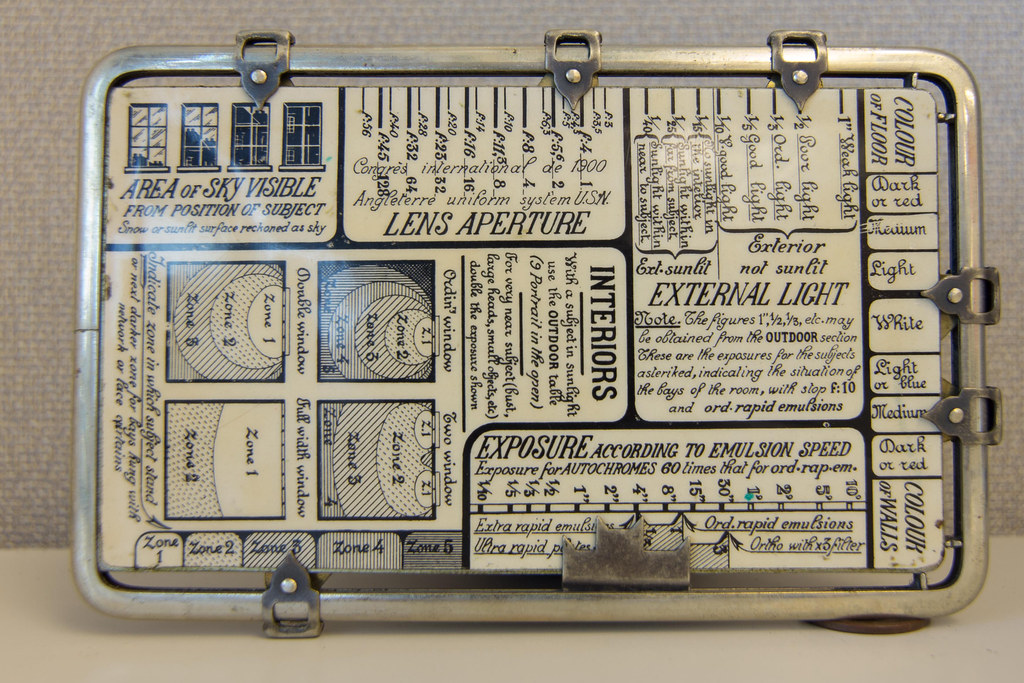
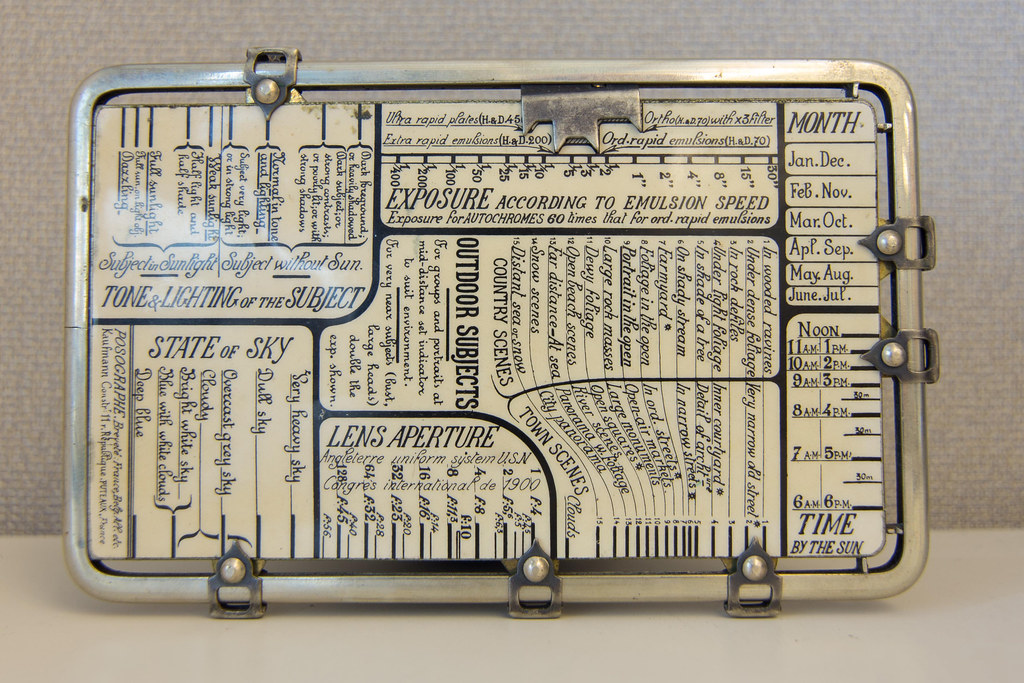
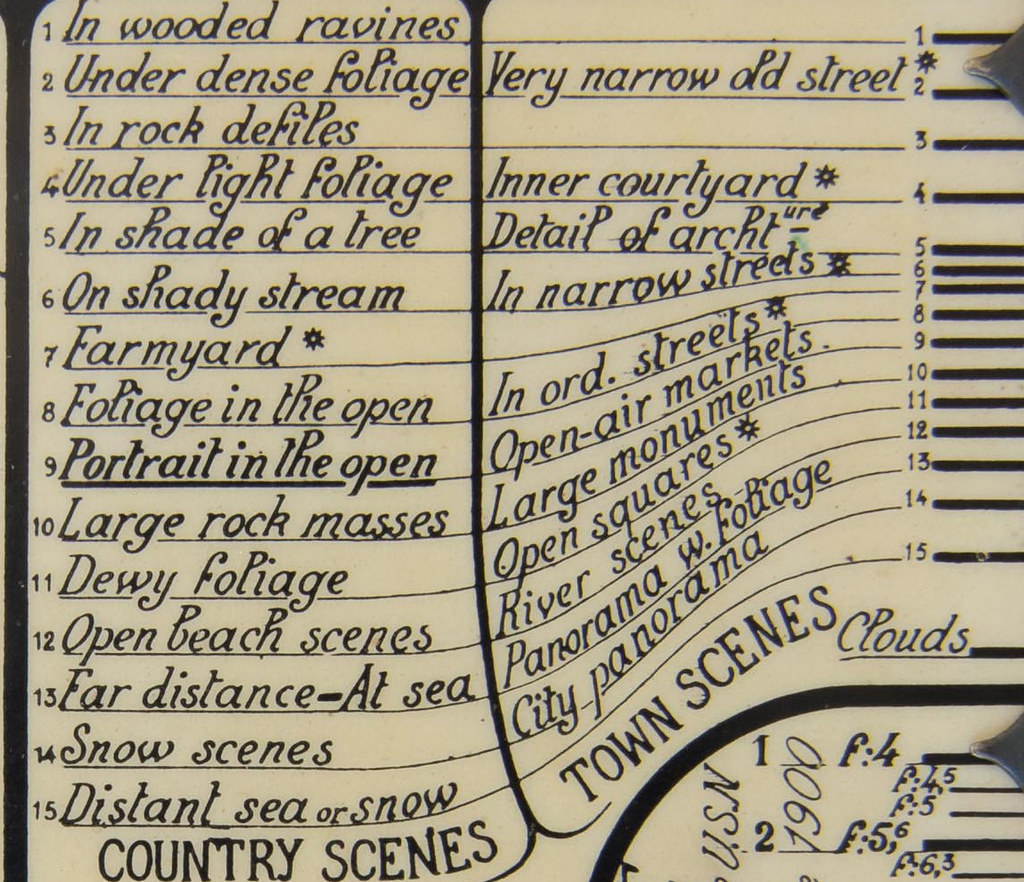
I have one of these in my collection of exposure meters/calculators and hadn’t realsed the name Kaufmann just knew it as Le Posographe. I used to give a talk to camera clubs on ‘Exposure Through the Ages’ but ‘old age’ has caught up with me!
As above
What’s the value range, for one that’s in good working shape?
The French version ranges from $50 to $150 based on previous Ebay auctions. The English version goes for a bit more as it seems to be pretty rare.